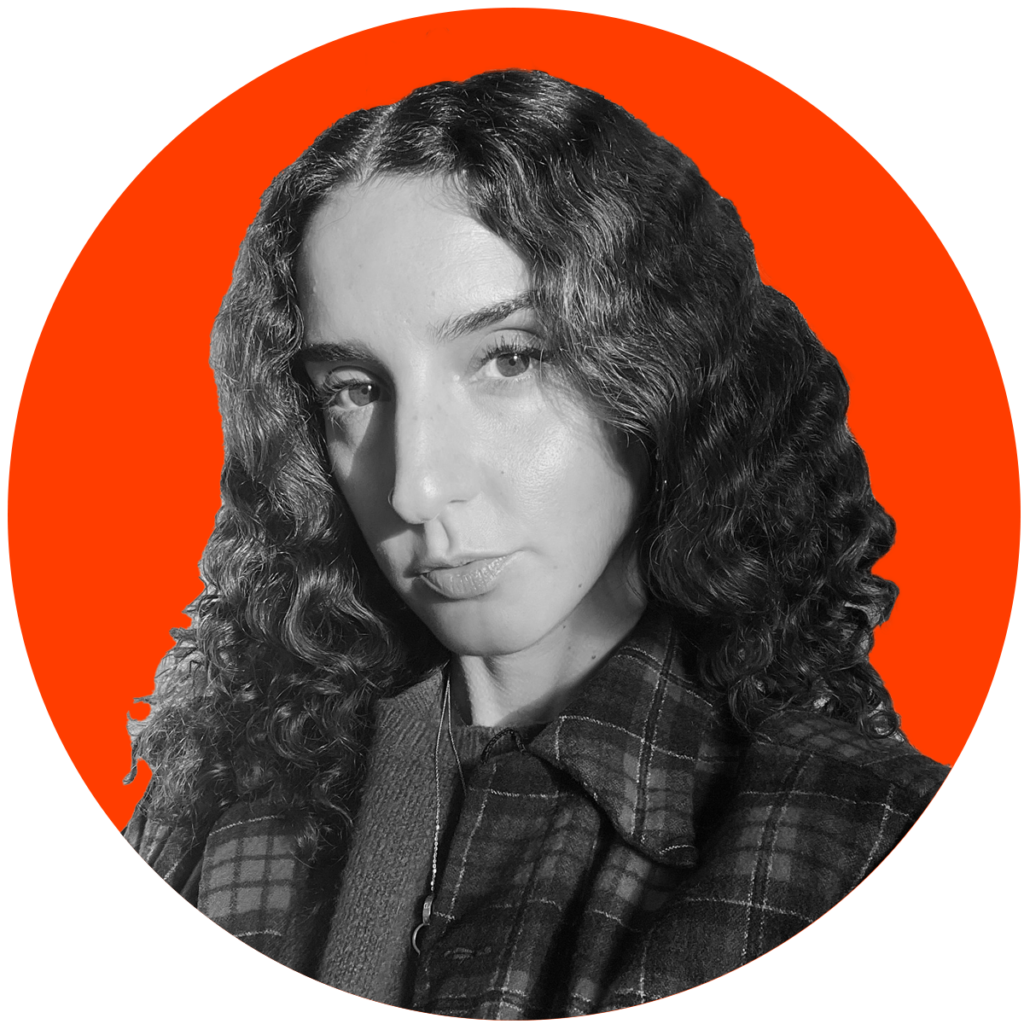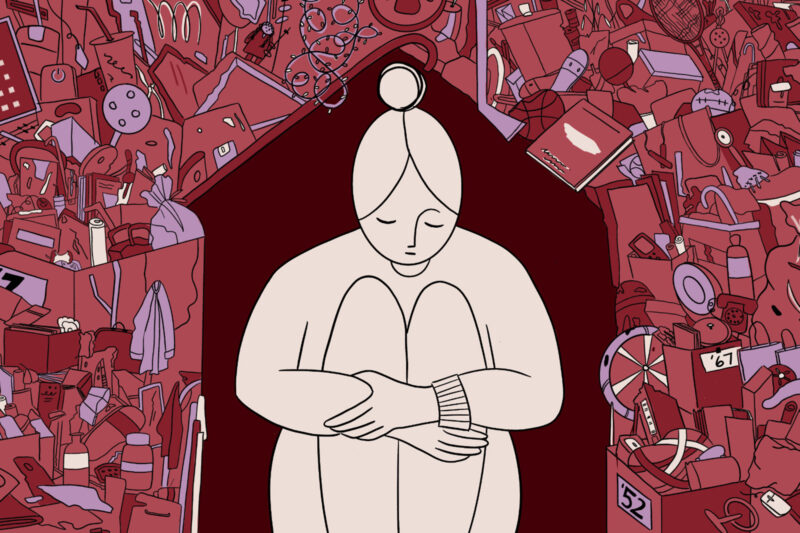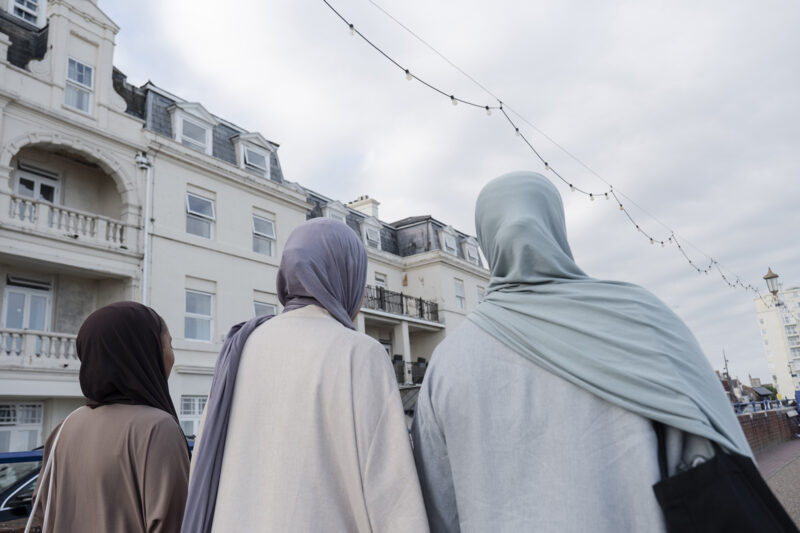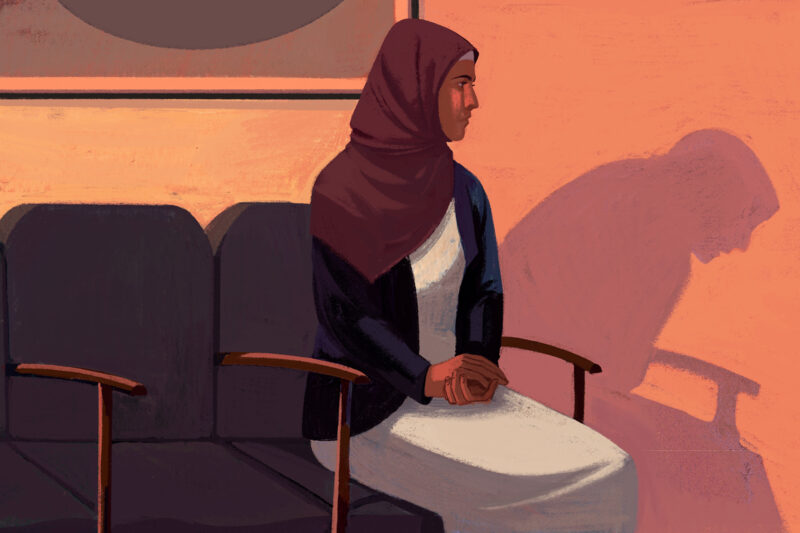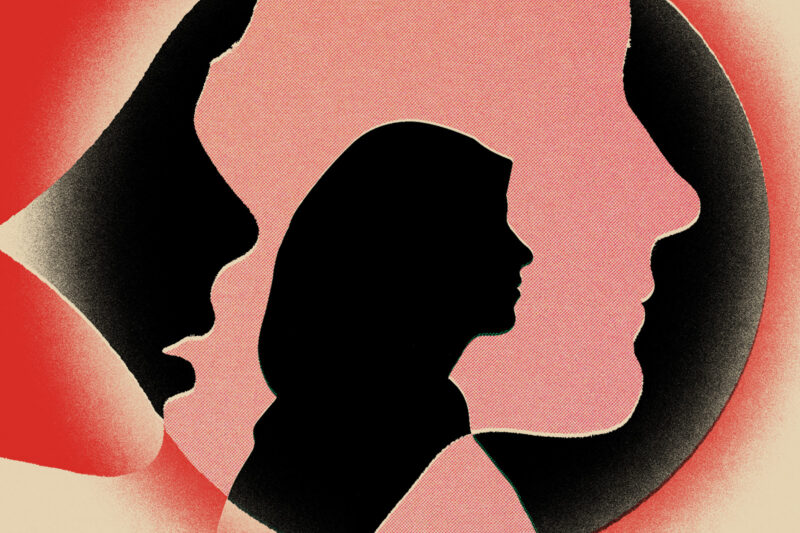The mosques opening up to help with substance misuse in their communities
Recovery workers see attitudes towards drug and alcohol addiction in the Muslim community changing, with more mosques taking steps to address the issues
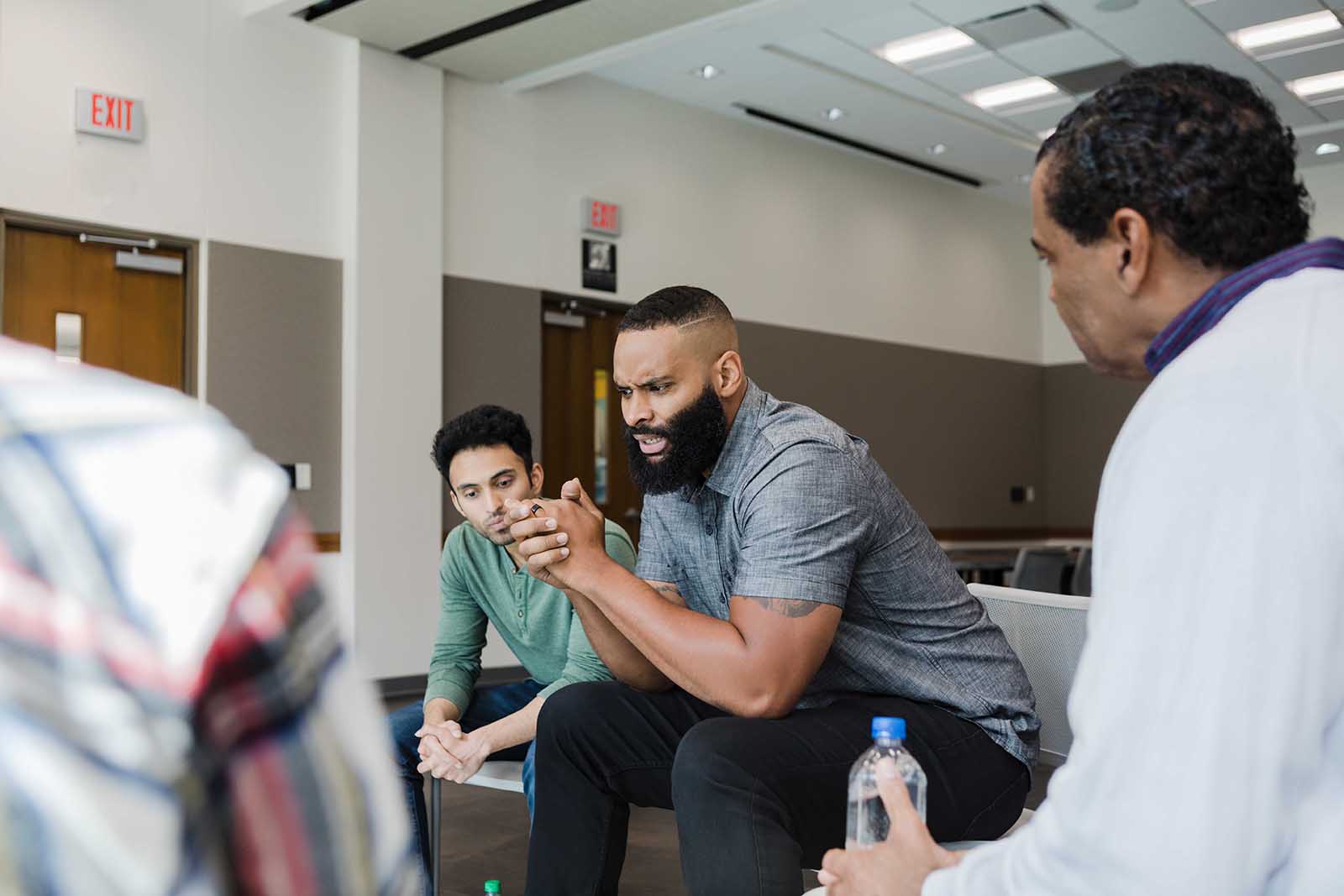
In November 2024, a few dozen people gathered in Peterborough’s biggest mosque to discuss a subject often considered taboo in such spaces. The drug and alcohol awareness event was the first to be held at Faizan-e-Madina, a move celebrated by local healthcare professionals and community workers as an encouraging step towards changing attitudes to addiction and substance misuse in the Muslim community.
Young people from the mosque, between the ages of 13 and 20, shared questions anonymously on facing peer pressure and the potential side-effects of drugs, while speakers discussed their dangers using interactive tools such as goggles that simulate the effects of intoxication.
“The feedback has been really good,” says Raja Alyas, who works for the local drug and alcohol recovery service Aspire and helped organise the event. “The imams and the mosque committee have asked when we can do the next one, and we’ve had a representative from another mosque asking if we can work closely with them and deliver some information there as well. It’s really encouraging.”
That progress is the result of years of dedication by recovery workers such as Alyas, who, alongside other local professionals, has helped provide access to treatment for people from hard-to-reach communities struggling with dependency issues.
Alyas believes a shift is taking place, with an increasing number of mosques opening up to the idea that they need to address the issue of drug and alcohol misuse. Alyas points to a number of cases of drug arrests reported in the local media involving people from Muslim backgrounds, as well as a generational attitude shift.
“A lot of the imams are homegrown now,” he says. “They grew up in the community, so they understand society a lot more. They’re a lot more open and their conversations with students are a lot more open.”
Substance use exists within Muslim communities as it does in any demographic, but the topic is one that has traditionally been swept under the carpet owing to the consumption of alcohol and drugs being forbidden in Islam. According to the Institute for Social Policy and Understanding’s 2020 American Muslim Poll, 37% of Muslim respondents said they know someone personally who has or is struggling with addiction. In the same poll, recovering addicts are cited as the most undesirable potential marriage partner, highlighting the culture of shame around those who have experienced addiction.
“I think there is still a lot of stigma. It’s very difficult,” says Dr Azam Chaudry, who was involved in the event at Faizan-e-Madina. “As a GP, I’ve seen so many people who didn’t get help for years and don’t know how to. If they’re not aware of the services, it’s very difficult for them to reach them.”
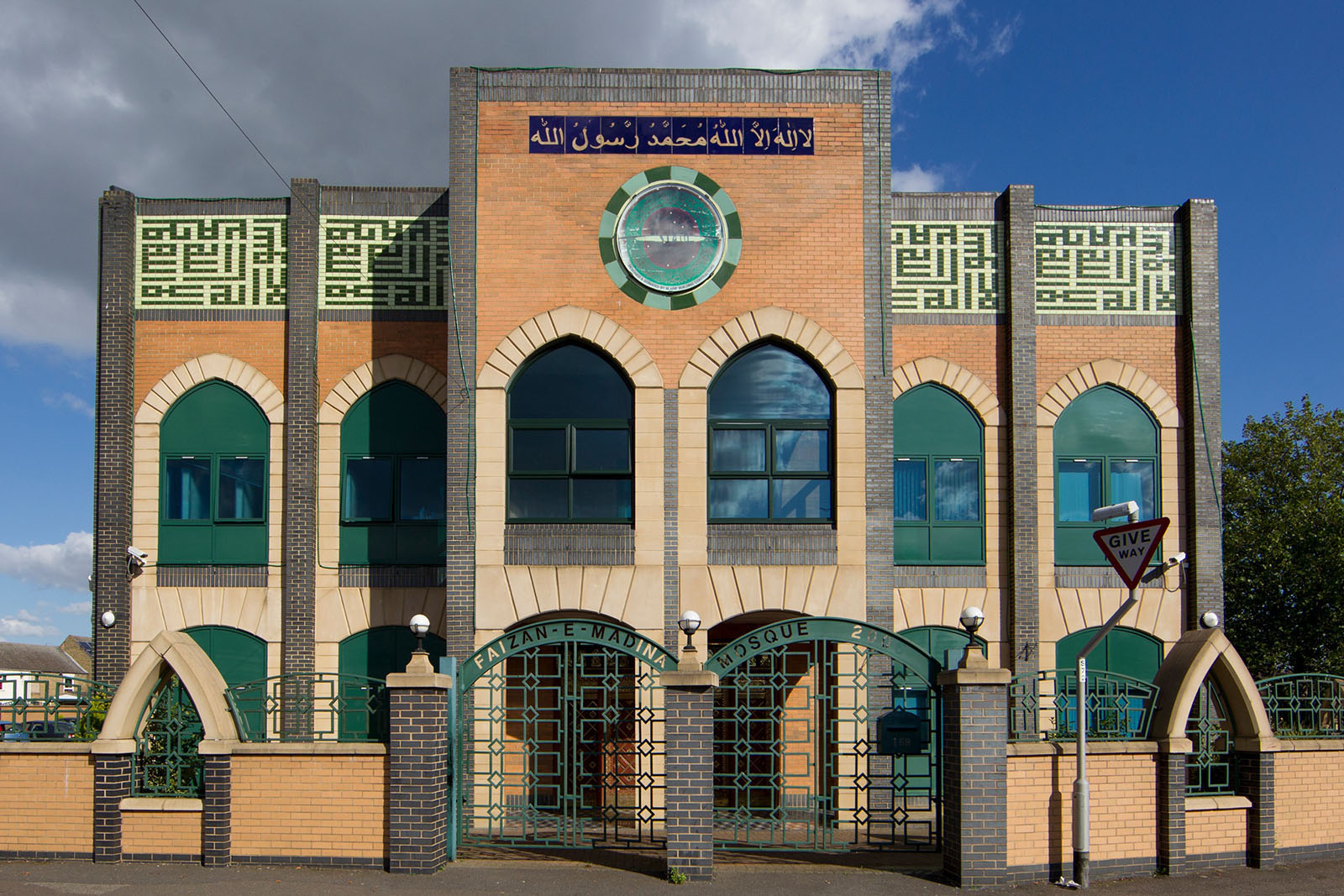
Another mosque redefining its role is Hujjat in Stanmore, north-west London, which has set up a counselling service to help those struggling with issues around mental health and substance misuse. Although the mosque does not provide specialised care for addiction, it does offer a central triage team that connects those in need of help with highly trained Muslim therapists. Crucially, it covers the cost, regardless of the client’s financial situation — although it has found that those who can afford to often donate the money back to the masjid to show their gratitude.
“We re-evaluated and saw that we needed a different mindset,” says Asad Abdullah, a local GP and head of Hujjat mosque’s health and wellbeing council, who took over the service in 2020.
“What’s the function of a mosque? Is it just to provide religious lectures en masse or are we trying to change one life at a time? That’s where the justification came in,” he says. “If we’re spending money on religious things, then this is alongside our religious duty as well.”
Abdullah says no one has yet reached out to the service for help with substance misuse or addiction specifically, but that around half of those who seek mental health support are using drugs or alcohol to self-medicate. “We talk about it, but in the cases that we deal with where there is drug abuse, we find that if they get the right mental health support they may reduce the alcohol or drugs,” he says.
Mohammed Ashfaq set up Kitkit in Birmingham’s majority-Muslim Sparkbrook in 2014 to address issues around substance dependence within culturally diverse communities. Ashfaq came to work in the field as a result of his own experiences as a young Muslim man struggling with addiction and unable to find recovery services that understood his religion or culture. He believes that first-hand experience is integral to the success of Kitkit’s efforts.
“Once we’ve addressed the cultural, religious or language-based issues that are restricting them from accessing treatment — the shame element of trying to get help locally, fear of being judged — we find that treatment works better for Muslim communities,” says Ashfaq.
To that end, Kitkit has developed a six-week course that helps individuals and families break down barriers to care and build tools to help successful recovery, alongside the Muslim Recovery Network, a 12-step programme incorporating the framework used by Alcoholics Anonymous and Narcotics Anonymous. Kitkit’s aim is for the course to be offered more widely in mosques and community centres.
“AA started out as faith-based — it was based around Christianity — so we’ve adapted the same framework around the religion of Islam,” says Ashfaq. “We know it works, it’s evidence-based and is a programme specifically for people from the Muslim community.”
Ashfaq believes it is important that mosques face up to the challenges of substance misuse and reimagine their roles in the community. “We have got a quite young and outspoken imam who works with us and is based across the road. He talks regularly in his Friday sermons about drug and alcohol addiction and mental health in English,” Ashfaq says. However, he adds that it has taken years to convince the imam to talk openly on those topics.
Although the shift in attitude has been slow, community workers such as Alyas are hopeful. “I went to mosque as a child — you went there, you looked down, you listened and you went home. There was no conversation,” he says. “There’s a way to go, more work needs to be done, but I think we’ve started off on the right foot.”
 Newsletter
Newsletter

